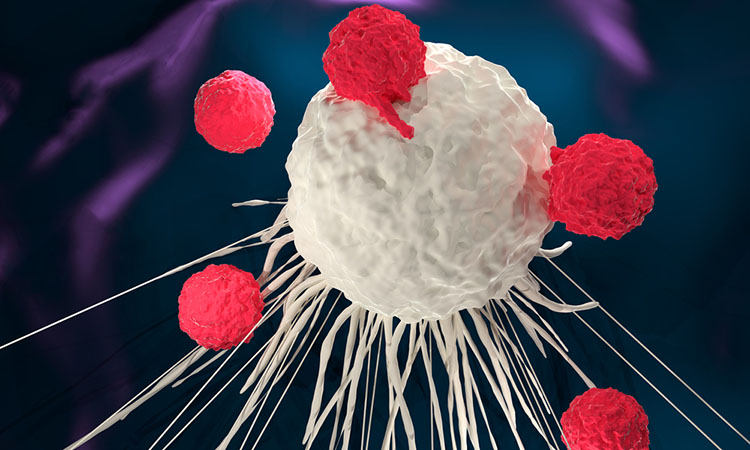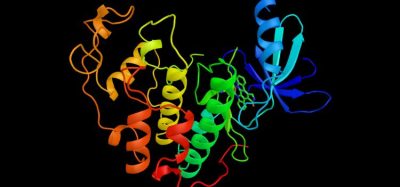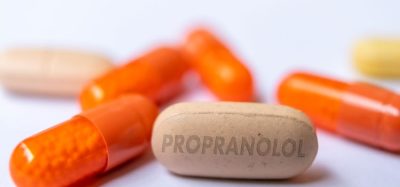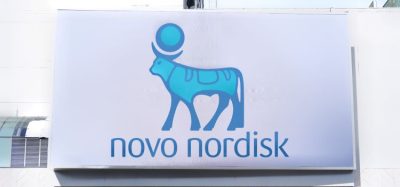EC approves CAR T-Cell therapy for B-cell lymphoma
Posted: 19 October 2022 | Izzy Wood (European Pharmaceutical Review) | No comments yet
Yescarta approved by EC for the treatment of large B-Cell lypmphoma and high grade B-cell lymphoma.


3D illustration of T cells attacking a cancer cell (CAR-T cell therapy)
Kite announced that the European Commission (EC) has approved the use of cell therapy Yescarta® for treatment of patients with diffuse large B-cell lymphoma (DLBCL) and high-grade B-cell lymphoma (HGBL), who relapse within 12 months or are refractory to, first-line chemoimmunotherapy.
The approval is based on results from the Phase III ZUMA-7 study, the largest and longest trial of a CAR T-cell therapy versus standard of care (SOC) in this patient population.
Axicabtagene ciloleucel is now the first Chimeric Antigen Receptor (CAR) T-cell therapy approved for patients in Europe who do not respond to first-line treatment. This provides an important additional treatment option for the most common form of non-Hodgkin lymphoma. Typically, 60 percent of newly diagnosed LBCL patients, including those with DLBCL, will respond to their initial treatment. However, the remainder relapse or will need second-line treatment.
SOC therapy for this patient population has been a multi-step process expected to end with a stem cell transplant. The process starts with chemoimmunotherapy, and if a patient responds to and can tolerate further treatment, they move on to high-dose chemotherapy (HDT) followed by a stem cell transplant (ASCT).
The ZUMA-7 study demonstrated that treated patients had a four-fold greater improvement in the primary endpoint of event-free survival over the current SOC (8.3 months vs 2.0 months). Additionally, axicabtagene ciloleucel demonstrated a 2.5-fold increase in patients who were alive at two years without disease progression, or those without a need for additional cancer treatment vs SOC (41 percen tvs 16 percent).
The trial had a safety profile that was consistent with previous studies. Among the 170 axicabtagene ciloleucel-treated patients evaluable for safety, Grade ≥3 cytokine release syndrome (CRS) and neurologic events were observed in 6 percent and 21 percent of patients, respectively. No Grade 5 CRS or neurologic events occurred. In the SOC arm, 83 percent of patients had Grade ≥3 events, mostly cytopenias.
Christi Shaw, CEO, Kite said: “Today’s approval marks an important step towards that goal by providing patients in Europe this option of CAR T-cell therapy earlier in their treatment journey.”
“This approval marks a major shift in the treatment of LBCL when initial treatment has failed. In ZUMA-7, treatment with axicabtagene ciloleucel resulted in an overall better outcome for patients than SOC”, added Professor John Gribben, Professor of Medical Oncology at the Cancer Research UK Barts Centre, London.
“The data has also broadened our understanding of this CAR T-cell therapy, allowing us to better manage or prevent side-effects, which is important as it moves earlier in the treatment pathway and for older patients and those with medical conditions for whom the standard of care might have been difficult.”
Related topics
Anti-Cancer Therapeutics, Clinical Trials, Drug Safety, Immunotherapy, Regulation & Legislation, Therapeutics
Related organisations
Cancer Research UK Barts Centre, Kite, The European Commission (EC)
Related drugs
Related people
Related diseases & conditions
diffuse large B-cell lymphoma (DLBCL), high-grade B-cell lymphoma (HGBL)









